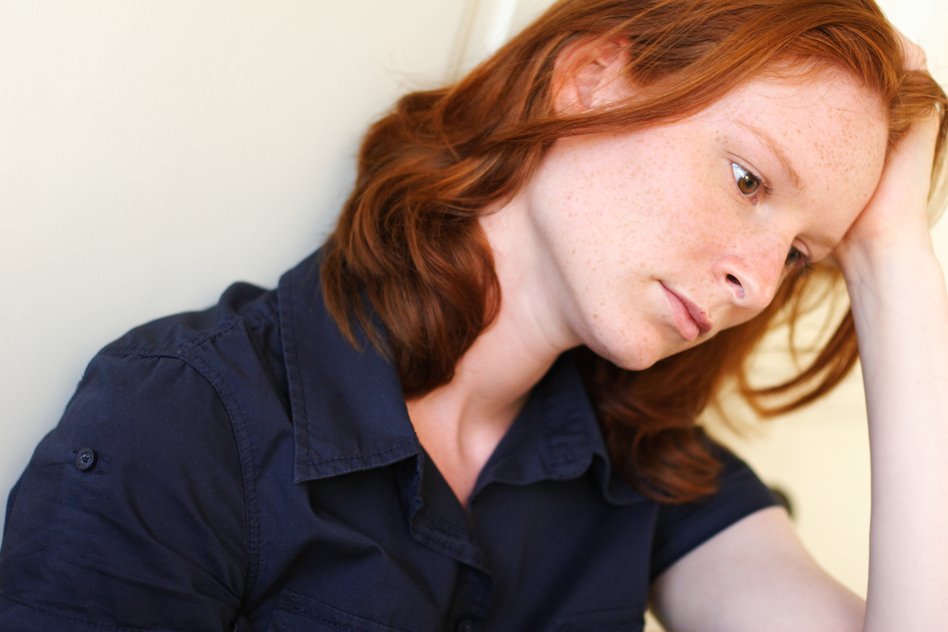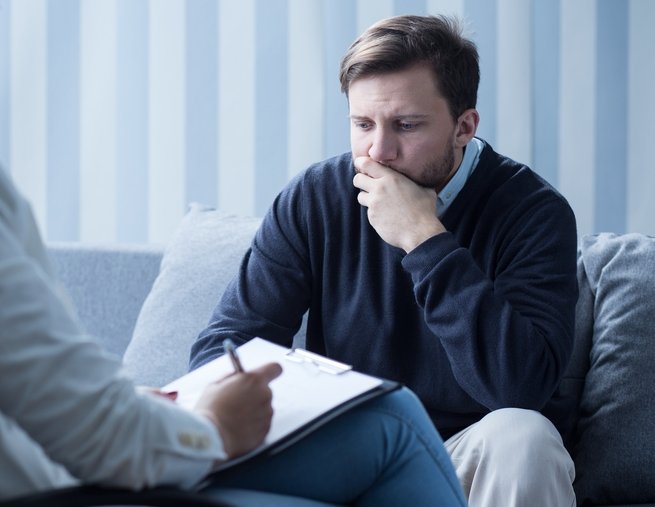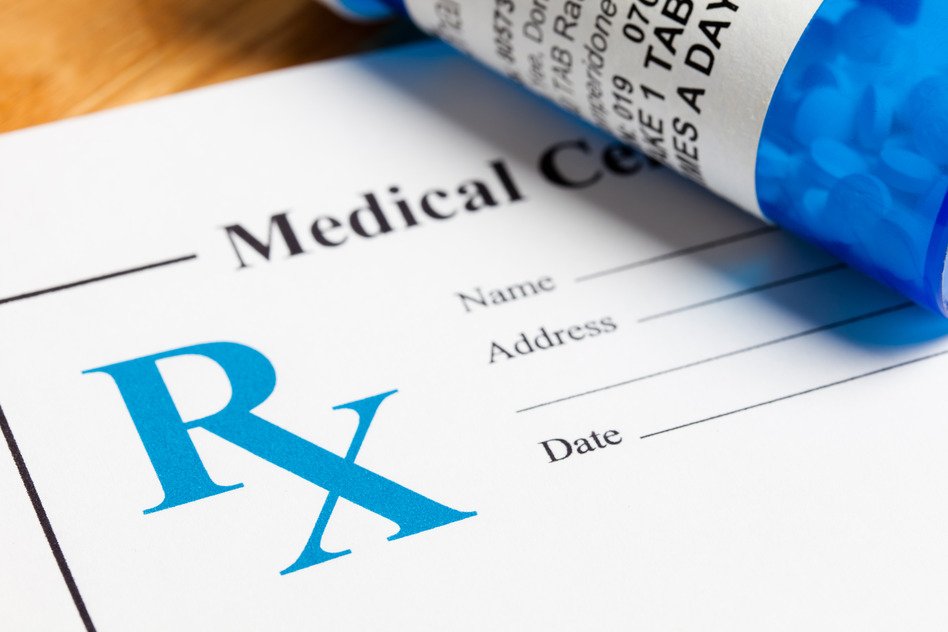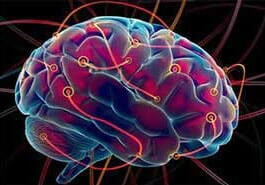
“Science of Hope”
About Depression
If you are suffering with depression you have come to the right place. I work attentively and conscientiously with individuals struggling with symptoms that interfere with one’s quality of life. I hope that the information presented here will be of assistance to you or someone you care about. Depression affects the body, mood, and thoughts. It influences the way a person eats and sleeps, the way one feels about oneself, and the way one thinks about things. Many people report that their symptoms are often worse first thing each day.
Depression is not the same as a low mood. It is not a sign of personal weakness or a condition that can be willed or wished away. It becomes difficult to “pull themselves together” and get better. Without treatment, symptoms can last for weeks, months, or years. Appropriate treatment, however, can help most people who suffer from depression.
Depression makes one feel exhausted, worthless, helpless, and hopeless. Such negative thoughts and feelings make some people feel like giving up. It is important to realize that these negative views are part of the depression and typically do not accurately reflect the actual circumstances. Some people find that negative thinking starts to fade as treatment begins. You may find Psychotherapy for depression very helpful.

Symptoms of Depression
Not everyone who is depressed experiences every symptom. Some people experience a few symptoms, some many. Severity of symptoms varies with individuals and also varies over time.
- Persistent sad, anxious, or “empty” mood
- Feelings of hopelessness and pessimism
- Feelings of guilt, worthlessness, helplessness
- Loss of interest or pleasure in hobbies and activities that were once enjoyed, including sex
- Decreased energy, fatigue, being “slowed down”
- Difficulty concentrating, remembering, making decisions
- Insomnia, early-morning awakening, or oversleeping
- Appetite and/or weight loss or overeating and weight gain
- Thoughts of death or suicide; suicide attempts
- Restlessness, irritability
- Persistent physical symptoms that do not respond to treatment, such as headaches, digestive disorders, and chronic pain

Depression and Co-existing Disorders
Symptoms can affect day-to-day life and can become very distressing. Anxiety, PTSD, ADHD or OCD can also cause worsening of symptomology. Depression was treated almost exclusively with medication for a very long time. With the development of new therapies has come a dramatic increase in outcome research on the efficacy of treatments for depression.
Contrary to popular belief, psychotherapy works at least as well (if not better) for patients with severe symptoms and milder forms of depression. Psychotherapy is as effective as pharmacotherapy in treating depression and can be more effective than medication in preventing relapse. I have found that the combination of psychotherapy and medication will can more beneficial than either treatment on its own.
There has been substantial scientific research in this area of psychotherapy as a treatment for depression. Please read the following Psychotherapy for the Treatment of Depression: A Comprehensive Review of Controlled Outcome Research.
Therapy will help you to understand whether the precipitating causes are situational, emotional, related to negative thinking, accompanying physical symptoms, or actions. Sometimes relationship problems can cause depression please read section on Couples Therapy. Bereavement Counselling is helpful to alleviate the depressive symptoms that follow a death.

Antidepressants
Your physician may have prescribed medication. Medication may be helpful and is a very important in combination with psychotherapy to attain greater benefits. Medication doesn’t cure the underlying problem and is rarely a long-term solution. In some cases medication can be life-saving.
Experts agree that depression involves much more than just “bad” brain chemistry. Serotonin is just one of many factors that may play a role in the disorder. New research points to biological, psychological and social contributors to depression. Loneliness, lack of exercise, poor diet, low level of self-care and poor self-esteem—also play an enormous role in depression.
You may have been prescribed antidepressants to treat both depression and anxiety. Often the two disorders co-exist. If you are experiencing troubling symptoms with your medication you should inform your physician immediately. Your physician may try various antidepressants as one may be much more effective than another.

Withdrawal from Antidepressants
Once you’ve started taking antidepressants, stopping can be tough; many people have withdrawal symptoms that make it difficult to get off of the medication. If you decide to stop taking antidepressants, it’s essential to consult a doctor and taper off slowly.
If you stop abruptly, you may experience a number of unpleasant withdrawal symptoms such as crying spells, extreme restlessness, dizziness, fatigue, and aches and pains. These withdrawal symptoms are known as “antidepressant discontinuation syndrome.” There’s no way to predict if you will have discontinuation symptoms after quitting an antidepressant. Discontinuation Symptoms

